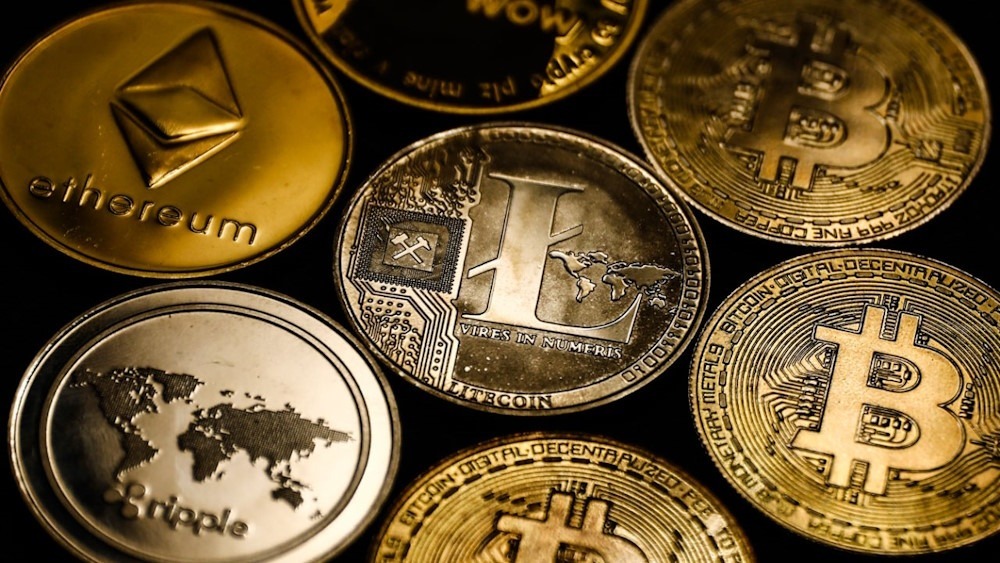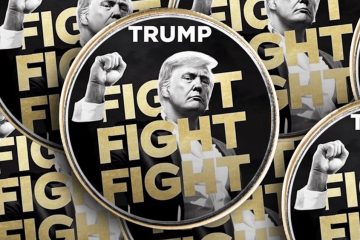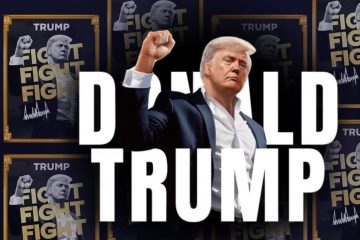Trump’s national stockpile of crypto

The Trump administration is advocating for the establishment of a federal cryptocurrency reserve. His subordinates are initiating the process by tallying the cryptocurrency assets currently held by the government. Advisers to Trump are considering strategies for establishing a national stockpile of cryptocurrencies. The president announced on Sunday his intention to accumulate bitcoin, ether, and three lesser-known tokens in a manner akin to the nation’s gold reserves. This addressed a significant debate within the industry regarding whether a stockpile should exclusively consist of bitcoin, the foremost cryptocurrency by market capitalization, or encompass a broader range of more volatile assets.
Uncertainties persist. Trump refrained from disclosing whether the reserve would engage in new cryptocurrency acquisitions or reallocate existing assets confiscated from criminal activities. The administration’s potential acquisition of cryptocurrency raises questions regarding which agency would be responsible for oversight and the operational mechanics involved in such transactions. Trump may require congressional authorization for significant acquisitions.
On Friday, Trump is anticipated to address the topic of cryptocurrency at a White House industry summit. An interagency working group established by executive order from Trump is currently a month into its six-month mandate to enhance the stockpile, according to Bo Hines, the group’s executive director, in a recent interview. The initial phase, he noted, involves accounting for current cryptocurrency assets. “The initial step we must undertake is to obtain a comprehensive account of the government’s assets,” he stated. “Further insights will be provided as developments unfold.”
The concept of a government stockpile has intrigued investors since its proposal by Trump last summer, as he sought to garner support from the industry. Supporters of cryptocurrency significantly financed his campaign and inauguration efforts. Advocates argued that a reserve would validate the industry and broaden the government’s asset portfolio. Skeptics argue that cryptocurrency lacks the necessity for a reserve, as it does not function as a safe-haven investment like gold, nor does it hold the strategic importance of commodities such as oil. Price volatility implies that the value of the stockpile could diminish significantly in the event of a market crash, they noted. Timothy Massad, former chairman of the Commodity Futures Trading Commission and a research fellow at Harvard University’s Kennedy School, suggested that federal cryptocurrency purchases might benefit supporters of the Trump campaign.
“I am troubled that this may be a form of retribution for their backing of Trump and the Republican party,” Massad remarked. Gene Hoffman, chief executive officer of Chia Network, which operates a blockchain technology foundational to digital currencies, remarked that the uncertainty surrounding which cryptocurrencies will persist makes it imprudent for the federal government to invest in any of them. “The decision by the United States government at this juncture is premature,” he stated.
Last summer, Trump introduced the concept of a bitcoin reserve, subsequently expanding the discussion to include other cryptocurrencies in his executive order issued in January. Few governments maintain crypto reserves, partly due to the complexities associated with managing such holdings. The limited number of entities that have accumulated bitcoin, such as El Salvador and Bhutan, represent relatively small economies.
The safeguarding of digital currencies presents significant challenges, as they attract the attention of highly skilled hackers. This reality underscores the critical importance of robust cybersecurity protocols for cryptocurrency exchanges and custodians responsible for asset management. Bybit, a prominent player in the global exchange landscape, has recently reported that a hacker has absconded with more than $1.4 billion in ether. “There must be meticulous deliberation regarding the custody of bitcoin and other cryptocurrencies, as well as the measures necessary to ensure their security,” stated Nathan McCauley, CEO of Anchorage Digital, a platform that manages assets for institutional investors.
Among the security protocols suggested for a government reserve is the offline storage of assets, necessitating a private key for access. The inspector general of the Justice Department has indicated that the U.S. Marshals Service has faced challenges in tracking the cryptocurrencies that law enforcement has confiscated from criminals. The reserve comprises approximately $18 billion in bitcoin.








